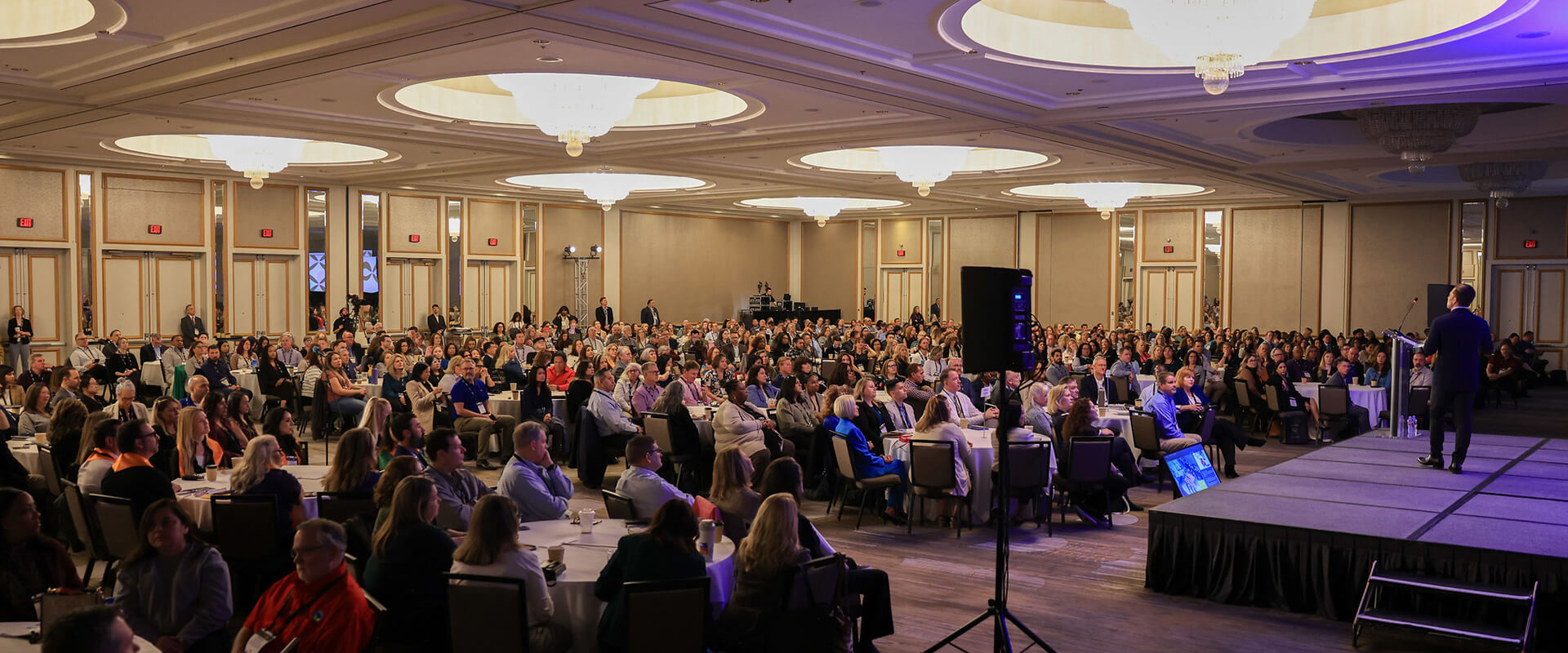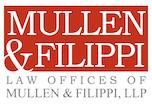The heightened fear and anxiety that COVID-19 is causing people worldwide brings vulnerable targets for cyber hackers.
“We are living in a heightened time of cyber risk. Cyber criminals will take advantage of public fear and due diligence health measures to generate coronavirus-themed phishing attacks. We should be aware of unsolicited COVID-19 emails with specious links or attachments,” says Virginia Tech expert David Simpson.
In addition to scams that prey on people’s fear — the uncertainty and doubt regarding their own health — Simpson explains that the increased utilization of voice, video and data to replace in-person contact will open new threat vectors.
As many organizations shift to remote work environments, Simpson offers the following tips to avoid online scams:
Employees working from home for the first time will potentially use PCs, laptops, tablets, and smartphones that are not protected to the same level as workplace devices. Consider using additional risk reduction measures like document and file encryption, VPNs, regular scanning and other best practices to lower the potential for business intellectual property or financial theft.








